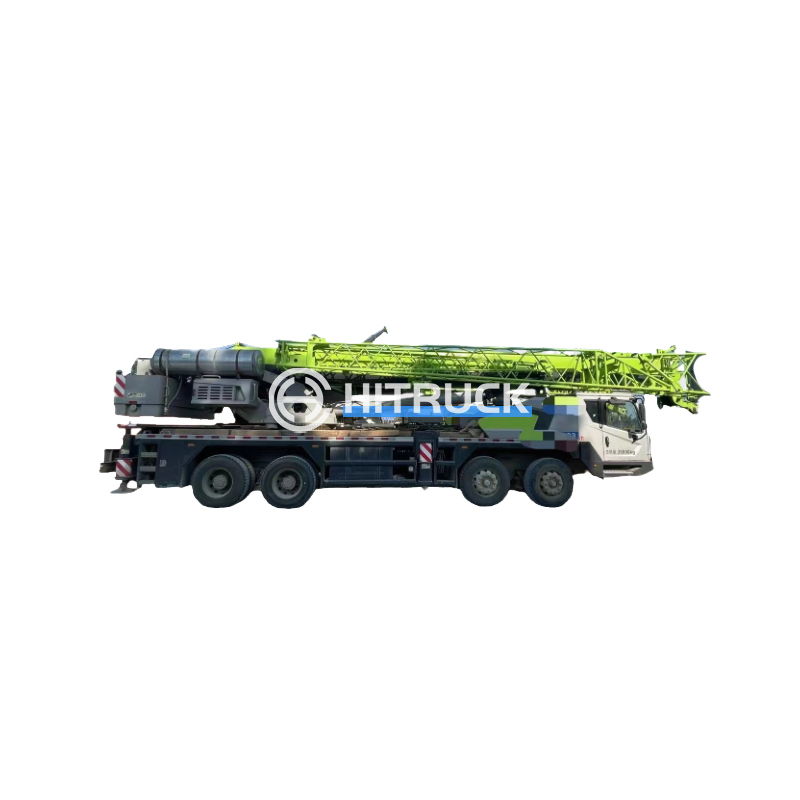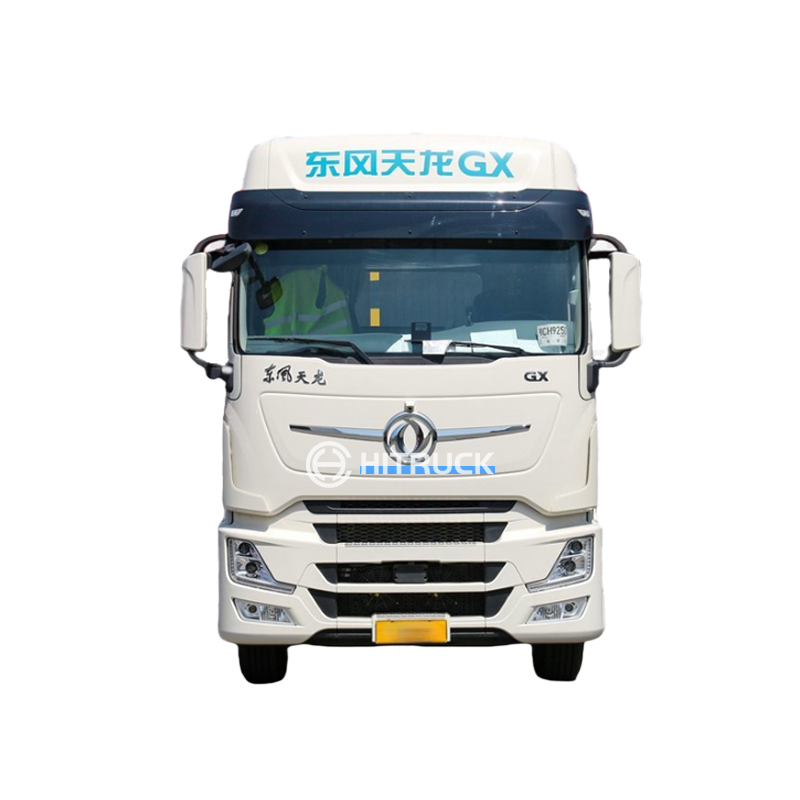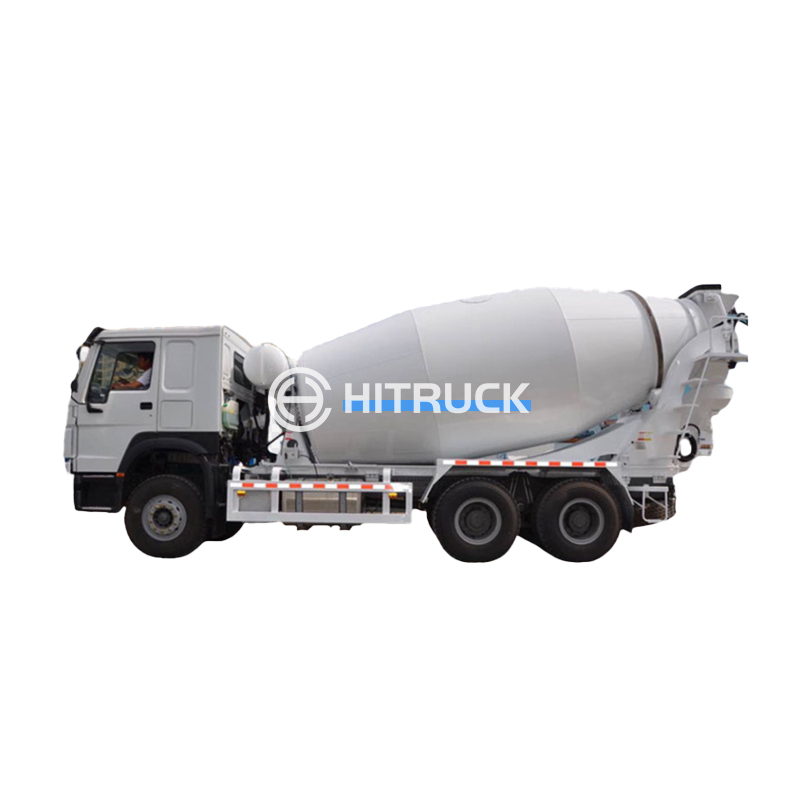This guide provides a detailed overview of construction water trucks, covering their various types, applications, benefits, and considerations for purchase and maintenance. We'll explore crucial factors to help you make informed decisions when selecting the right construction water truck for your project needs. Learn about the different tank capacities, pump systems, and chassis options available, ensuring you find the perfect fit for your construction site's water management requirements.
Light-duty construction water trucks are ideal for smaller projects or tasks requiring less water capacity. They are typically more maneuverable and fuel-efficient, making them suitable for navigating congested job sites. These trucks often feature smaller tanks (ranging from 1,000 to 5,000 gallons) and less powerful pumps.
Heavy-duty construction water trucks are designed for large-scale construction projects demanding high water capacity and powerful pumping systems. These trucks usually boast larger tanks (5,000 gallons and above), robust chassis, and high-pressure pumps to effectively manage dust control and other water-intensive tasks. Consider factors like terrain and the size of your project when choosing a heavy-duty option.
Beyond standard light and heavy-duty models, specialized construction water trucks cater to unique needs. For instance, some trucks are equipped with advanced filtration systems for water purification, while others might include features like spray bars or cannons for precise water distribution. These specialized features often come at a higher cost but offer enhanced performance in specific applications.
Selecting the right construction water truck is crucial for project efficiency and safety. Several key factors influence the decision-making process:
The tank capacity must align with your project's water demands. Overestimating or underestimating can lead to inefficiencies or insufficient water supply.
The pump's power and pressure directly impact water delivery efficiency and reach. Consider the pump's GPM (gallons per minute) and PSI (pounds per square inch) ratings. Higher ratings are usually needed for large-scale projects and dust suppression.
The chassis's durability and off-road capabilities are paramount, especially for challenging terrains. Consider the type of axle configuration, suspension system, and overall build quality.
Consider additional features such as: water filtration systems, spray bars, multiple water outlets, and monitoring systems. These features enhance the truck's functionality and usability.
Proper maintenance is vital for extending the lifespan and ensuring the optimal performance of your construction water truck. Regular inspections, timely servicing, and adherence to the manufacturer's recommendations are essential.
Finding a reliable supplier of high-quality construction water trucks is critical. Research different suppliers, compare prices, and review customer feedback before making a purchase. For high-quality trucks and excellent customer service, consider exploring options like Suizhou Haicang Automobile sales Co., LTD.
Choosing the right brand depends on your specific needs and budget. Here's a comparison table of some leading brands (Note: Specifications may vary depending on the model):
| Brand | Tank Capacity (Gallons) | Pump GPM | Pump PSI |
|---|---|---|---|
| Brand A | 100-200 | 50-100 | |
| Brand B | 200-400 | 100-200 | |
| Brand C | 10000+ | 400+ | 200+ |
Note: This is a simplified comparison. Consult manufacturer specifications for precise details.
By carefully considering these factors and conducting thorough research, you can choose the most suitable construction water truck to meet your specific project requirements.












